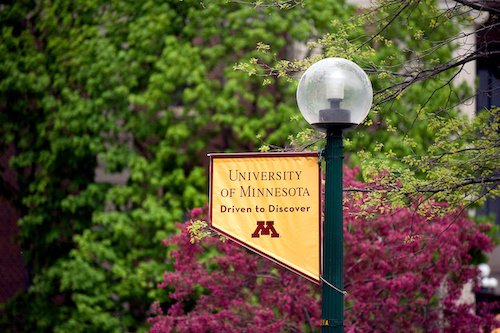
StudyFinder
Phase II trial of androgen deprivation therapy (ADT) and pembrolizumab for advanced stage androgen receptor-positive salivary gland carcinoma: Big Ten Cancer Research Consortium BTCRC-HN17-111

Status: Recruiting
We are looking at the effectiveness of adding an immunotherapy drug, pembrolizumab, to usual treatment for people who have salivary gland cancer that can’t be treated with surgery or radiation. The cancer must be androgen receptor positive.
Age: 18 years and over
Healthy Volunteers:
Inclusion Criteria:
• at least 18 years old
• locally advanced, recurrent, or metastatic salivary gland carcinoma that is not amenable to curative surgery or radiation
• tumor is androgen receptor-positive
• unable to do physically strenuous activity but can walk and is able to do work of a light nature, such as house work or office work
• prior chemotherapy, radiation, or surgery as part of curative intent therapy are allowed
• any number of prior lines of systemic therapy are permitted as long as it did not include anti-androgen therapy or immune checkpoint blockade
• men and women of child bearing age must agree to use contraception during the treatment period and for at least 8 months after the last dose of study treatment
• contact study staff for additional requirements
Exclusion Criteria:
• received prior therapy with an anti-PD-1, anti-PD-L1, or anti-PD-L2 agent or with an agent directed to another stimulatory or co-inhibitory T-cell receptor (eg, CTLA-4, OX40, CD137)
• received prior androgen deprivation therapy
• pregnant or breastfeeding or expecting to conceive or father children within the projected duration of the study, starting with the first visit through 120 days after the last dose of trial treatment.
• additional cancer that is progressing or has required active treatment within the past 2 years
• contact study staff for additional exclusion criteria
Interventions:
Drug: Goserelin Acetate, Drug: Pembrolizumab
Conditions:
Cancer
Keywords:
Salivary Gland Carcinoma, Clinics and Surgery Center (CSC)
Contact(s): Manish Patel - patel069@umn.edu
Principal Investigator: Manish Patel
Phase: PHASE2
IRB Number: STUDY00004710
System ID: 20371
See this study on ClinicalTrials.gov